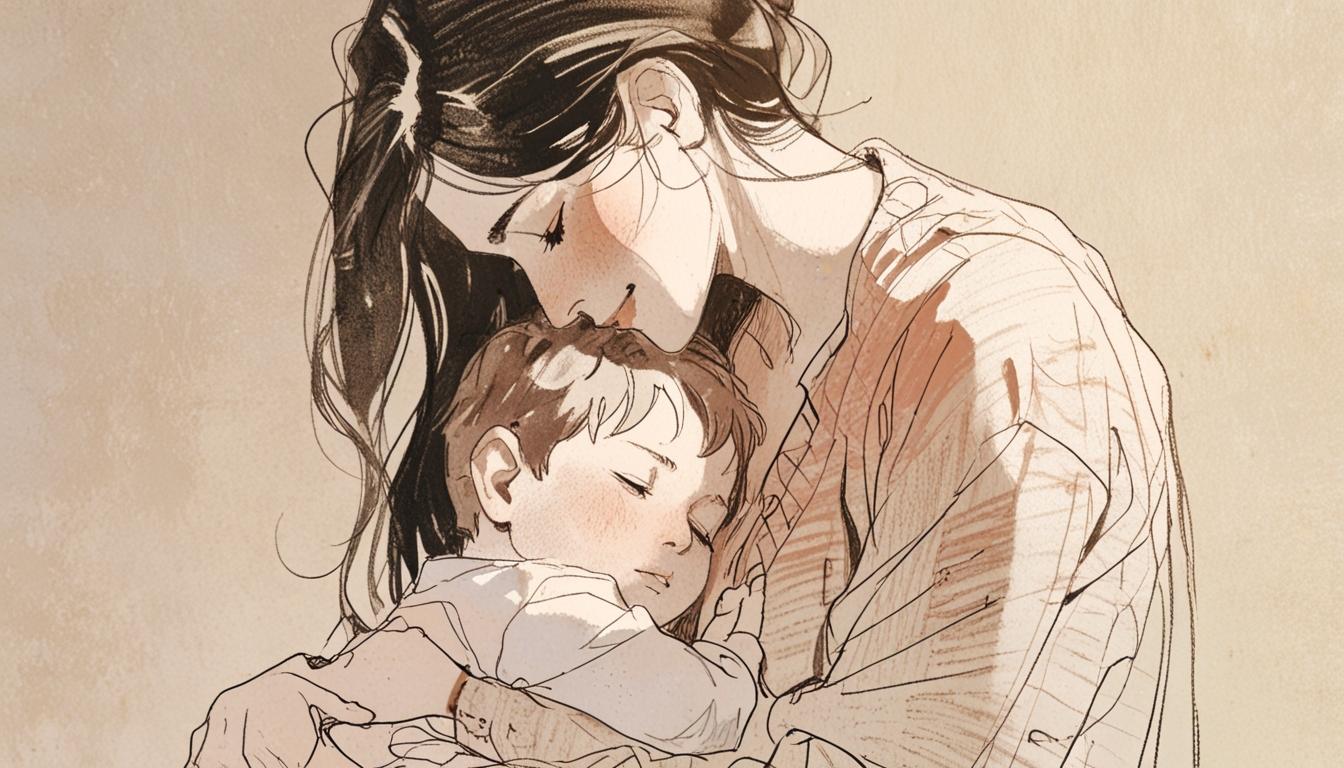Motherhood, particularly when experienced with a son, often unveils a labyrinth of emotional complexities, especially when the prospect of marriage looms on the horizon. As a mother of one son, I sometimes find myself pondering the delicate shift that occurs when he might take a wife and potentially reshuffle the familial hierarchy. Late-night musings lead me to consider whether a new partner could overshadow my role in his life. Instances from the public eye, such as the narratives surrounding Harry and Meghan, and Brooklyn Beckham and Nicola Peltz, highlight the tensions that can arise when romantic relationships significantly alter family dynamics.
In the case of Harry, the transition was stark; his marriage to Meghan Markle notably transformed his public persona and relationships. Harry, appearing to embrace a lifestyle reminiscent of a Californian ideal, has faced considerable scrutiny regarding the choices he has made. Meghan, in turn, has been characterised by some as having driven a wedge between Harry and his royal family, a depiction echoed in media narratives. Reports suggest that while Harry seeks to reconcile these ties—with recent comments expressing a wish to mend relationships—his journey remains fraught with challenges stemming from past grievances and present complexities.
Meanwhile, Brooklyn Beckham's marriage to Nicola Peltz has stirred similar concerns among observers. The Beckham family's public image, long characterised by unity and solidarity, is now being examined through the lens of potential discord. Brooklyn and Nicola’s decision to miss several family gatherings, including multiple celebrations for David Beckham's 50th birthday, has fuelled speculation about their marital dynamics and familial distance. The media has noted Nicola's choices, such as her decision not to wear a Victoria Beckham design at their wedding, which has intensified discussions about the control she may wield over Brooklyn, a concern that reportedly weighs heavily on his mother, Victoria Beckham.
These examples raise unsettling questions for mothers of only sons: How much influence does a new partner exert? Will my bond with my son remain unshaken? Reflecting on my close relationship with my son, marked by layers of admiration and occasional friction, establishes a tailored sensitivity to these concerns. The bond between mother and son can fluctuate between a profound connection and moments of significant annoyance. Introducing another woman into this equation can sketch a complex narrative, one that shifts from love to rivalry in the blink of an eye.
As I consider these dynamics, I find myself committed to nurturing a positive relationship with my son's future partner, knowing that this is vital for maintaining our familial intimacy. It's a delicate balancing act—one that requires me to adapt and possibly change my approach to maternal love, always with a keen eye on the evolving dynamics of our family.
In navigating these familial narratives, it’s important to recognise that whilst personal experiences may echo those of the Beckhams and the Sussexes, each situation is unique and can unfold in myriad ways. The deep societal ties, expectations, and the influence of public perception often play a pivotal role in shaping these relationships, highlighting that immigration into a new familial structure can be both a joyous celebration and a potential source of turbulence.
As I reflect on these themes, it is clear that the evolution of familial relationships in the wake of romantic commitments is an ever-relevant topic. Now, as we step forward into a new era of family dynamics, the challenge remains: How to transform potential rivalries into collaborative partnerships, ensuring that the familial bond forms a resilient foundation amidst the shifts brought forth by marriage.
Reference Map
- Paragraph 1: [2]
- Paragraph 2: [4], [6]
- Paragraph 3: [3], [5]
- Paragraph 4: [2]
- Paragraph 5: [2], [5]
- Paragraph 6: [2]
Source: Noah Wire Services
